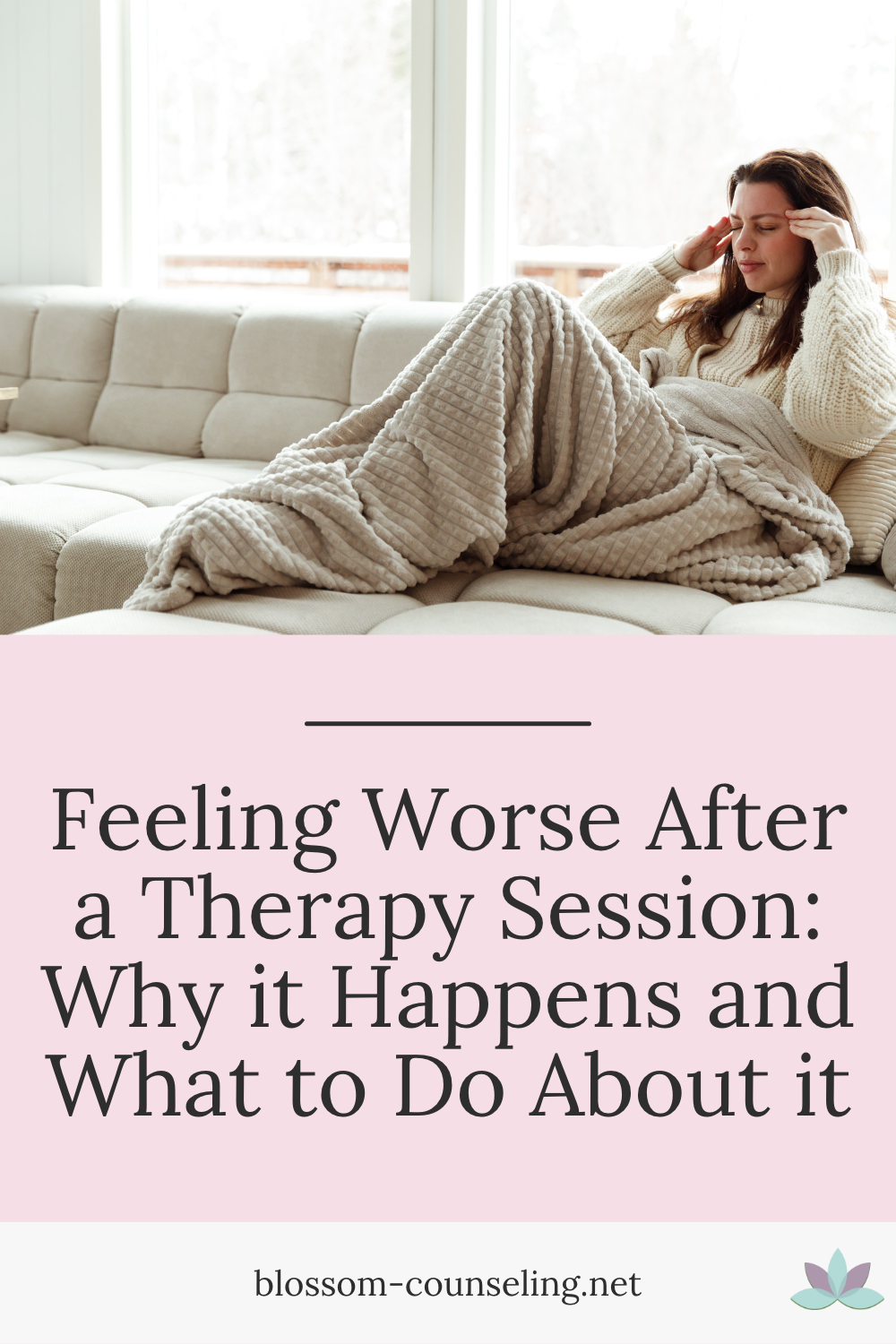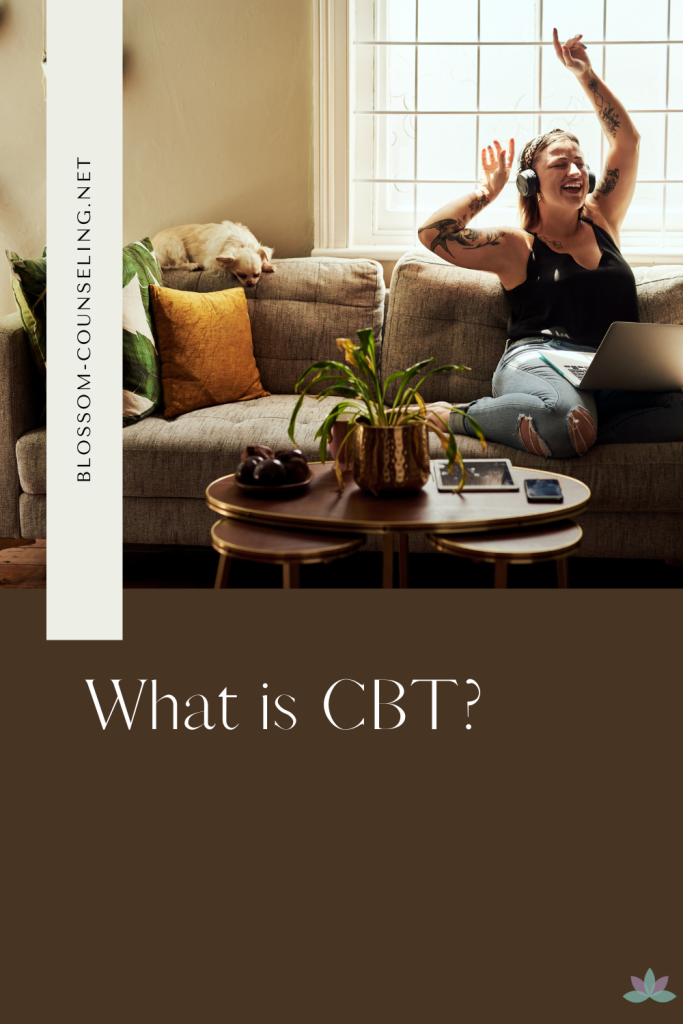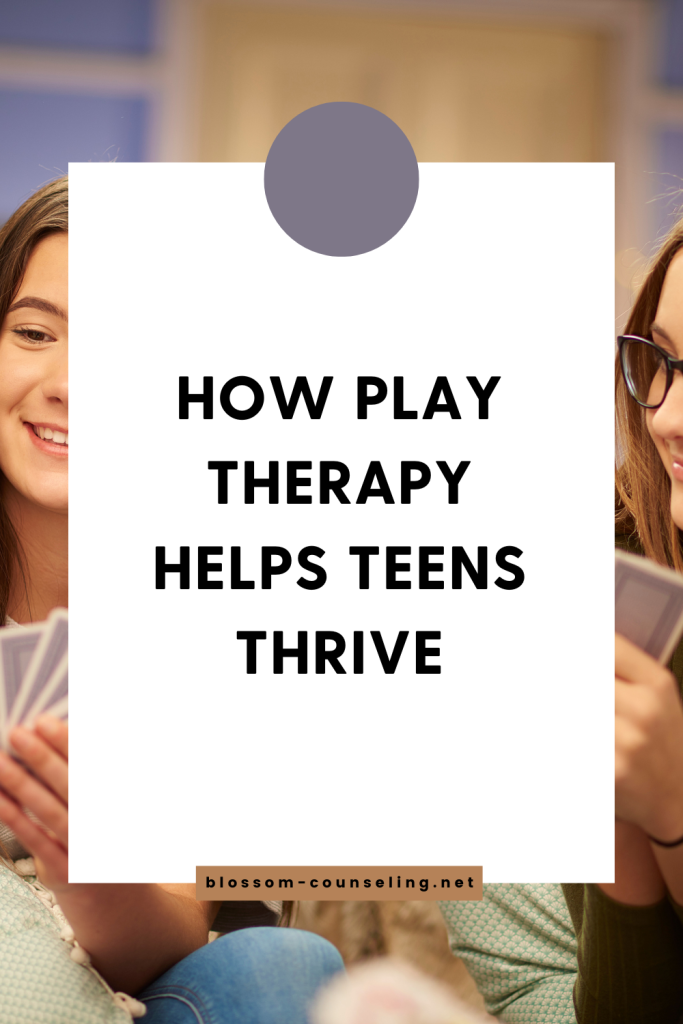
Therapy can be an incredibly valuable tool in helping us work through our emotional struggles. However, it is not uncommon for a therapy session to leave us feeling worse than before. This can be confusing and disheartening, especially if we have been putting in the work to make progress.
Unrealistic Expectations
One reason why therapy can sometimes leave us feeling worse is that we may have unrealistic expectations for what therapy can achieve. It’s essential to remember that therapy is not a magic cure-all, and it takes time and effort to see results. In some cases, therapy can bring up difficult emotions and memories that we may have been avoiding or suppressing, which can be uncomfortable in the short term but ultimately lead to healing in the long run. If we go into therapy expecting to feel better immediately and without any discomfort along the way, we may be setting ourselves up for disappointment.
Getting in Touch with Deep Emotions
Another reason why therapy can sometimes make us feel worse is that it can bring us in touch with deep emotions that we may have been avoiding or suppressing. This is particularly true for people who have experienced trauma, as therapy can sometimes bring up painful memories and feelings that have been buried for a long time. While this can be difficult to face, it’s an important step in the healing process. It’s essential to remember that feeling worse in the short-term doesn’t necessarily mean that therapy isn’t working or that we’re not making progress.
The Importance of Embracing Difficult Emotions
Therapy can bring to light suppressed emotions and memories that one may not have thought about for some time. In some cases, these emotions can be difficult to face and may leave you feeling worse than before therapy. However, it’s important to embrace these feelings and not push them aside. Embracing these emotions and working through them is a significant step in the healing process. It’s essential to remember that therapy can be an emotional rollercoaster, and there may be some days where it’s harder than others.
Coping Strategies
If you’re feeling worse after a therapy session, it can be challenging to know what to do next. However, there are several strategies you can use to help cope with these feelings. First and foremost, it’s important to give yourself permission to feel whatever emotions come up without judgment or self-criticism. It can be difficult, especially if we are used to avoiding or suppressing our emotions, but it’s an essential step in the healing process. Additionally, it can be helpful to talk to your therapist about how you are feeling and what you can do to manage these emotions outside of your sessions. Finally, practicing self-care activities such as exercise, mindfulness, and spending time with loved ones can help us manage difficult emotions and feel better overall.
Feeling worse after a therapy session can be discouraging, but it’s important to remember that it’s normal and a part of the healing process. By understanding why therapy can sometimes make us feel worse and using coping strategies to manage those feelings, we can continue to make progress and work towards our emotional well-being. Remember, therapy is not a quick fix, but a journey towards healing and self-discovery. It’s important to be kind to ourselves throughout the process and to celebrate the small victories along the way.
|
|




